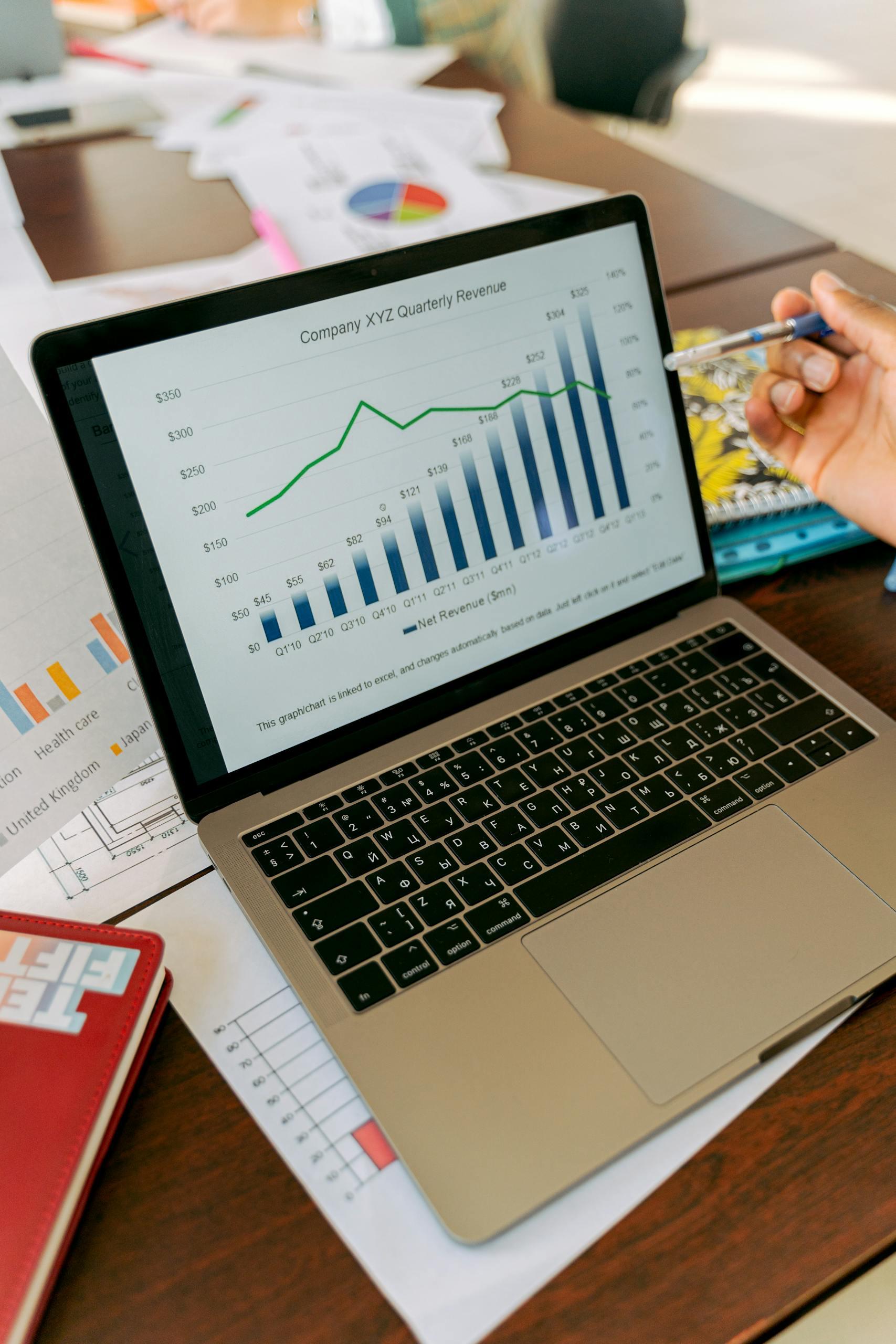Big Data: How Companies Control Your Decisions? 🧠📉
In today’s hyper-connected world, every click, like, and search you make is more than just an online action—it’s valuable data. This data doesn’t just vanish into the digital ether; it is collected, analyzed, and transformed into insights that shape how companies interact with you. Welcome to the age of Big Data, where your decisions—what you buy, watch, and even believe—can be subtly influenced by invisible algorithms.
Whether it’s a clothing brand suggesting the “perfect outfit” or a streaming service recommending a “must-watch” movie, these nudges are rarely random. They are carefully engineered through massive datasets, machine learning models, and behavioral analytics. This interconnected ecosystem is not inherently evil; it has its benefits, like personalized experiences and faster access to relevant information.
However, when used without transparency or ethics, Big Data becomes a tool for manipulation, shaping your preferences without you even realizing it. In this article, we’ll explore how companies harness Big Data to influence your choices, why it matters for your freedom, and what you can do to safeguard your decision-making power in the digital age.
1. What is Big Data?
Big Data refers to extremely large datasets that are collected from various sources, including your browsing history, purchase records, social media activity, GPS location, and even wearable devices. Companies use advanced analytics tools to process this data and extract patterns. For example, IBM defines Big Data as the combination of high volume, velocity, and variety of information that demands advanced methods for analysis. This ability to process massive datasets allows businesses to predict trends, optimize marketing, and create highly targeted campaigns.
2. How Companies Collect Your Data
Your data is collected through a variety of channels—some obvious, others less so. Websites track you with cookies, apps request permissions for your contacts and location, and loyalty programs record your purchasing habits. For instance, a retail brand like Amazon gathers data on everything from the items you search for to how long you linger on a product page. Social media platforms also monitor engagement patterns, post interactions, and ad clicks to build detailed user profiles.
3. The Power of Predictive Analytics
Once companies have your data, predictive analytics comes into play. This is where algorithms use historical data to forecast future behavior. For example, if you buy sportswear regularly, could predict when you might be ready for a new collection drop and target you with ads at exactly the right time. Predictive analytics is widely used in finance, healthcare, and e-commerce, subtly shaping the decisions you make before you even realize it.
4. Personalization: Helpful or Manipulative?
Personalization is one of Big Data’s most visible applications. Think of Netflix recommending your next binge or Spotify curating a “Discover Weekly” playlist. While this can improve user experience, it also narrows your exposure to new ideas, products, and perspectives—a phenomenon known as the “filter bubble.” According to Pew Research, this can lead to polarized opinions and reduced critical thinking.
5. The Role of AI and Machine Learning
Artificial Intelligence and Machine Learning supercharge Big Data analytics. These technologies allow systems to continuously learn from new data, refining predictions and targeting methods. Platforms like Facebook and Google employ AI to decide which ads and content you see, directly impacting your perceptions and choices. More about AI’s influence can be found in our digital discussions.
6. Ethical Concerns and Privacy Risks
The more data companies collect, the greater the privacy risks. Data breaches, identity theft, and unauthorized sharing are real threats. Moreover, the lack of transparency about how your data is used fuels mistrust. Regulations like GDPR in Europe aim to give users more control, but enforcement remains inconsistent.
7. How to Protect Your Decision-Making Power
Protecting yourself from excessive data influence doesn’t mean disconnecting from the internet. Instead, it involves being proactive: use privacy-focused browsers like Brave, adjust your social media privacy settings, and be mindful of what you share online. You can also support ethical brands like Seif Wear that respect consumer data privacy.
Conclusion
Big Data is a double-edged sword. On one hand, it enables innovation, personalized services, and greater convenience. On the other, it carries the potential for manipulation, eroding individual autonomy without notice. By understanding how companies collect, process, and use your data, you empower yourself to make informed decisions.
This awareness is the first step toward reclaiming control in a world increasingly shaped by algorithms. Stay informed, question the sources, and take action to safeguard your digital freedom.


